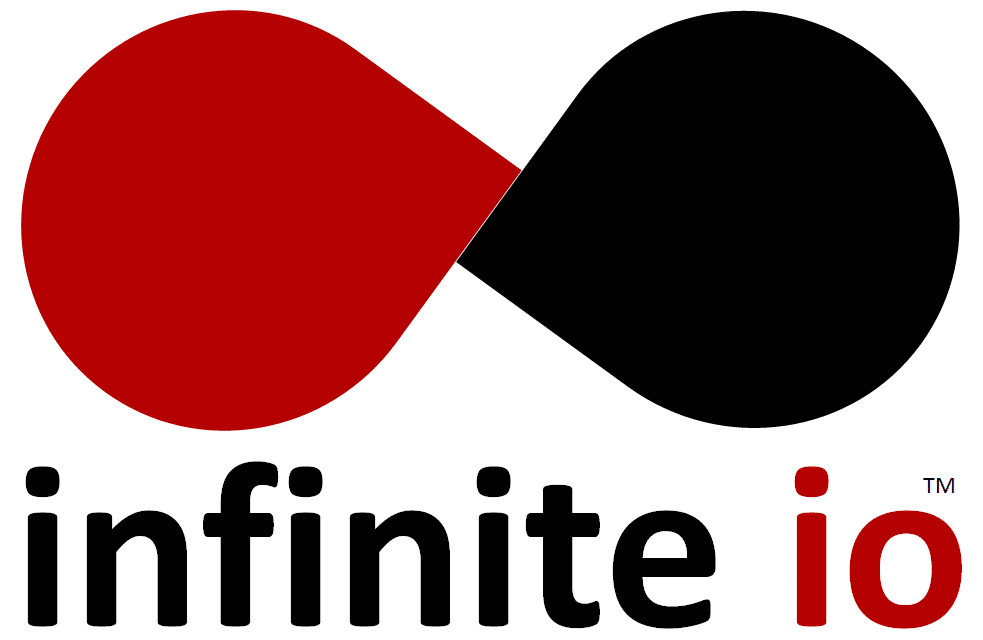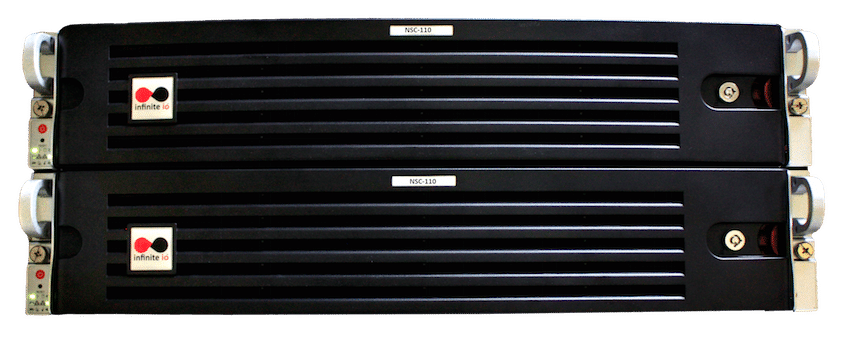
InfiniteIO is an Austin Texas based startup that is tackling the one of the problems with data storage from a different angle. In the past, when data grew beyond capacity, users had to add more boxes. With the advent of larger and larger capacity drives, another solution was to add the larger drives to existing arrays until, once again, capacity is maxed out. 90% of all data in the world has been produced in just the last two years, and the number is only going to go up. Worst of all, up to 80% (and most likely more) of all data is stored and never accessed again.
Now users are turning more and more to the cloud for data storage. Though the cloud does offer advantages, especially in the price per gigabyte, it also has a few drawbacks, namely users can’t retrieve data as quick as they would like. The ideal would be taking the 80% of data that is never used again and putting it in the cloud while having the more accessed data available quickly through something like flash-based arrays. However this level of detail deciding what data to move and when to move it can present a management nightmare for IT.
Veterans in the technology field founded InfiniteIO. The founders are Mark Cree, Jay Roulette, and David Sommers. Mark Cree serves as the current CEO. Previously he founded NuSpeed, which was acquired by Cisco. NuSpeed delivered the first commercial iSCSI storage over IP product. At Cisco Mark became General Manager of Cisco Systems Storage Router Business Unit, where he led the company into the storage networking market. When Mark was at Network Systems Corporation he was part of a team that delivered one of the first IP routers and firewalls.
Jay Rolette serves as the current Vice President of Engineering. Jay is an electrical engineer and inventor with several patents to his name in the areas of networking, network security, and high-speed packet processing systems. Jay held several engineering positions at IBM before moving onto Director of Professional Services at Emerald Technologies. After Emerald, Jay moved onto Tipping Point serving several roles the last being Chief Technologist. While at Tipping Point Jay was part of the core team that developed the industry's first inline, bump-on-a-wire, high-speed network intrusion prevention system.
David Sommers currently serves as the Vice President of Operations. Sommers has had a long career in the technical field. Early in his career he worked at Atari with Nolan Bushnell and Steve Jobs. He spent 19 years at Adaptec as the Vice President of Engineering. While there he was responsible for the development of RAID ASIC's, TCP/IP offload solutions (TOE), multiport Ethernet adapters, iSCSI, CR and encryption. Sommers was also the Vice President of Systems and Software at NetEffect when it developed a RDMA 10Gb NIC product that was acquire by Intel.
The founders combined their years of knowledge to tackle the $22 billion dollar problem of more and more drives and boxes being enlisted to combat the huge swarm of data being generated. InfiniteIO looked at the above challenges and saw a solution in gigabit Internet access. These new speeds enabled moving cold data to the cloud much more quickly, having the data move as though the cloud was local storage. Migration of data to the cloud would be faster, however not all applications are ready to be integrated, the processes of choosing what data is cold versus hot is time consuming, and there are always security concerns when it comes to public cloud use.
InfiniteIO’s solution to these problems is the industry’s first network-based storage controller, the NSC-110. The NSC-110 sits in front of existing storage automatically and transparently migrating inactive data to the cloud, while all the data still appears local. All file storage applications are immediately cloud enabled. For the more frequently accessed data, there is local flash storage that provides the high performance needed. InfiniteIO claims companies can save up to 80% of inactive data storage. To back up this claim, the NSC-110 can be put in passive mode where it actually shows users the money saved. This gives IT the ability to figure cost savings while not putting any data at risk. Passive mode also displays data activity, making it easier to set up policies on which data is hot and which is cold.
The NSC-110 eases customer concerns surrounding security through multiple layers including encryption, local keys, sniblets, and multiple clouds. All encryption is done on-premise, so by time the data makes it to the cloud it has already been encrypted by the users. The data can’t be access by InfiniteIO or by anyone else that could potentially get into the account. Cloud providers won’t be able to access users’ data even in the event of a court order or national security letter. Encryption keys are protected in hardware by a TPM module, which includes tamper detection circuitry that zeros out the encryption keys if an attacker tries to extract them. Files being migrated to the cloud are compressed in 1MB blocks, called sniblets. Each sniblets has a unique session key and can be stored on multiple clouds for better security
Availability and pricing
The NSC-110 is expected to be released in the third quarter of 2015 and will start at $50,000.
Sign up for the StorageReview newsletter

